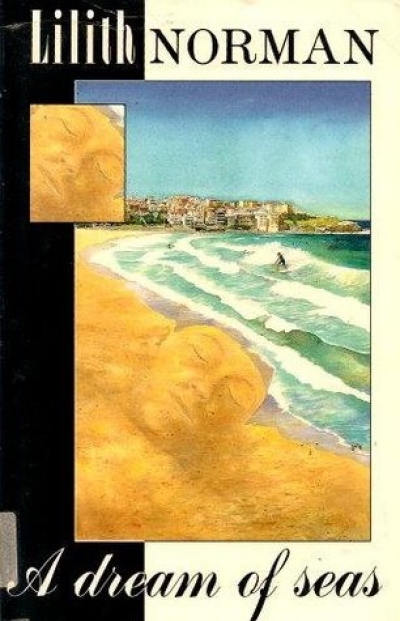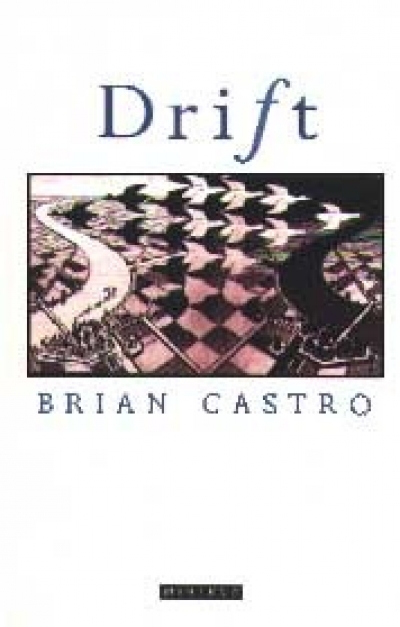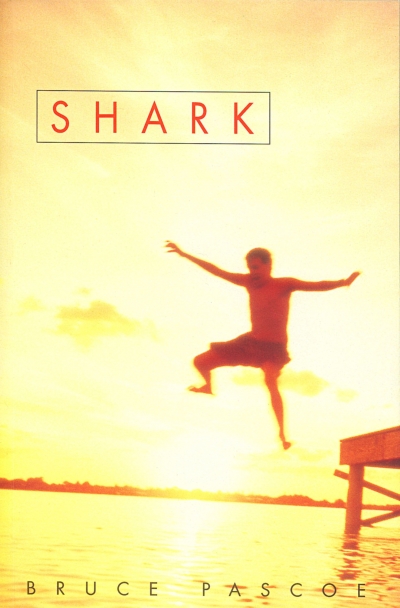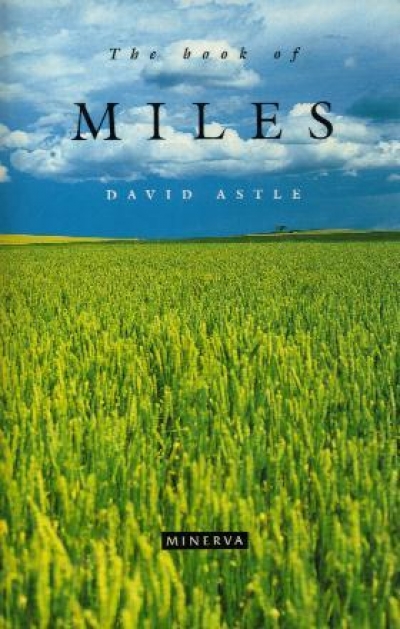Katharine England
You can’t help wondering which came first for Brian Castro – the theme/structure of his new novel or the M. C. Escher woodcut reproduced on its cover. It doesn’t seem possible that such an organic match should be fortuitous, although one of Escher’s soubriquets is ‘the poet of the impossible’, and among writers Castro is a prime candidate to share the title. Now that it has been drawn ... (read more)
Figuratively speaking Shark reminds me of a pencil-and-paper game: change FOX into SHARK a letter at a time, so that the stepping-stones of words like the one to the other. For Fox is back, back from the independence struggle in West Papua and retired to Australia and the evocatively named coastal town of Tired Sailor, and by the end of the book Fox has become Shark, elegiacally linked by some of ... (read more)
Mark Twain did Australian literature a service when he remarked that Australian history ‘does not read like history, but like the most beautiful lies’. It is an observation with which Australians are happy to identify, for it stimulates the imagination, accommodates the larrikin we like to see in ourselves, and has the effect of sanctioning the revision of a past that is not all that we might, ... (read more)




